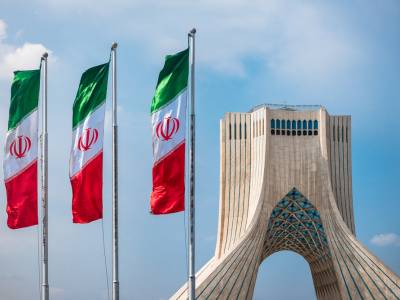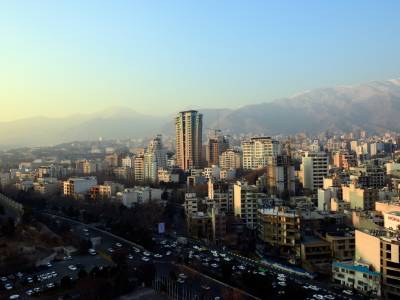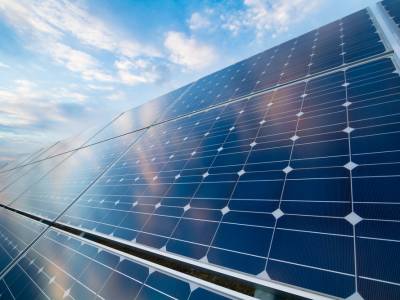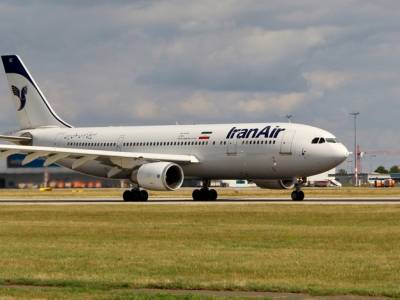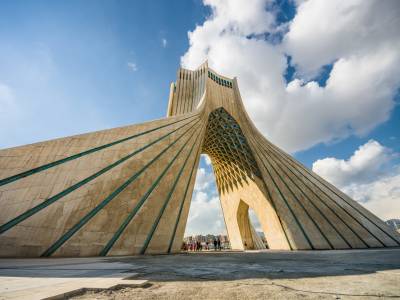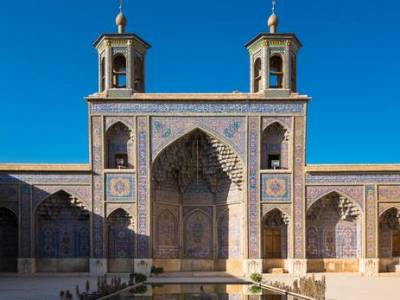-
Iran
Investment opportunities in the Islamic Republic of Iran
22 Aprile 2016
- Diritto societario
Located in the heart of the Middle East, and Asia’s main pathway to Europe, Iran has a geopolitical and economical key role in the region.
Iran is the world’s 18th largest economy by Power Purchasing Parity. It is an economy in transition, member of the Goldman Sachs’ next eleven and the biggest economy outside of the WTO. The Institute of International Finance has speculated a GDP growth of over 6 per cent for Iran following the implementation day, the biggest economic growth in the world. In 2011, Iran had the fastest rate of scientific growth in the globe and it currently has one of the fastest developing telecommunication industries in the world. Iran has a population of over 80 million people and a high rate of unemployment (13 %).
The predominantly urban population is an ideal untapped middle-class market with huge potential. Because of the sanctions in the previous decade, the market is far from being saturated and offers invaluable opportunity for foreign investors and producers. Its young educated population, for example, can provide ideal skilled local workforce for foreign investors.
Now, with the actual removal of international and unilateral sanctions, which burdened the Iranian economy in the previous decade, there is the hope that Iran will attract ample foreign investments.
Iran has signed Bilateral Investment Treaties and Double Taxation Agreements with numerous OECD countries. Iran has enacted a law encouraging and protecting foreign investment (FIPPA). It has also acceded to the New York Convention on the enforcement of arbitral awards and has adopted UNCITRAL international commercial arbitration model law with only minor adaptations. The Iranian law also affords foreign investors reasonable protection of their intellectual property rights. There are up-to-date enforceable electronic commerce and IT laws as well.
The government has revised the legal requirements for making investments in Iran with the aim of simplifying and accelerating the procedure. Now, there is much more transparency and obtaining an investment license has become very straightforward and could be done in only a few weeks.
Foreigners can establish companies in Iran with 100% foreign ownership, but at the same time enjoy all the rights and privileges available to Iranian national companies (e.g.: purchase real estate). Foreign companies can also establish a representative office or a branch in Iran. If the foreign investment is eligible for a FIPPA license, it can have access to many more incentives. Besides, there are tax exemptions or reductions available in Iranian Free Trade Areas and also for productive activities in the less developed areas of the country.
Evidently, by far the most attractive sector for foreign investors is the petroleum sector, due to the possibility of producing low-cost oil in Iran. With current low oil prices, Iran is one of the very few safe countries where investment in oil can actually produce an economic return. With the introduction of Iran Petroleum Contracts, foreign investors are further encouraged to bring capital to Iran’s petroleum reserves.
Another appealing sector is electricity production. Upon a successful restructuring of its power market, Iran is aiming to diversify its power generation, providing attractive incentives and tax reductions for investments made in renewable energy. Opportunities in this area abound and many foreign companies are already on their way to contribute.
In the wake of sanctions removal, there is also hope for a real boost to Iran tourism industry. Such a boom requires expansion of tourism infrastructure as hotels, luxury accommodation and railways, which would not be possible without foreign investment. As an ancient country with moderate temperatures and spectacular scenery, Iran’s tourism industry looks very promising.
FIPPA provides three main vehicles for foreign investment: Direct Foreign Investment in all areas where private participation is allowed; in the other areas investment can only be made by means of Build Operate Transfer, Build Operate Own, or Buy-Back mechanisms.
There are, however, still some significant barriers. The main stumbling block is the complicated bureaucracy that is deeply embedded in the Iranian legal system, despite the new administration’s attempts to increase transparency. In addition, foreign investment in certain industries is forbidden without State participation. The Iranian banking system has also been isolated during the last years because of the sanctions. All these shortcomings can easily be resolved once the Iranian economy is further integrated into global economy. For now, Iran is ready to embrace the new circumstances to give its economy a real boost and in so doing it requires the collaboration and participation of foreign enterprises. Very similar to the rhetoric governing Iran’s nuclear negotiations with the Five Plus One, the Iranian economy is exploring win-win solutions that would benefit not only itself but also its trade partners.



















